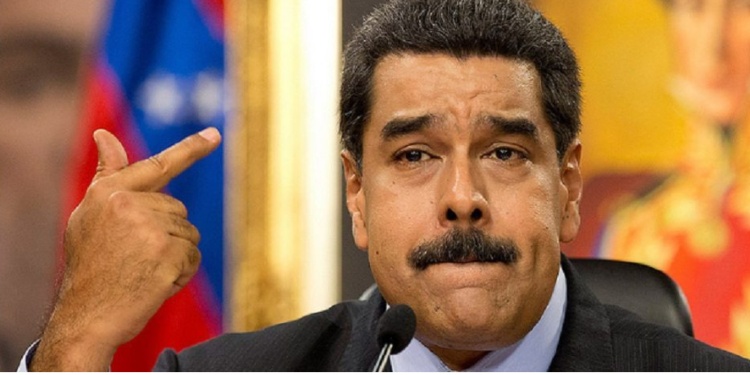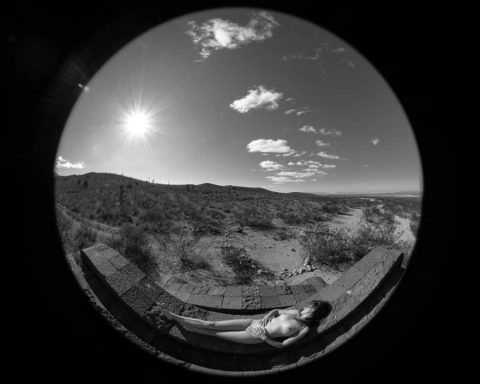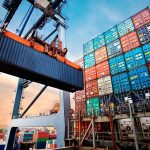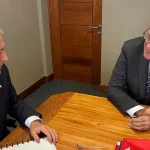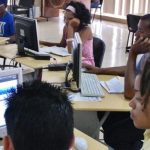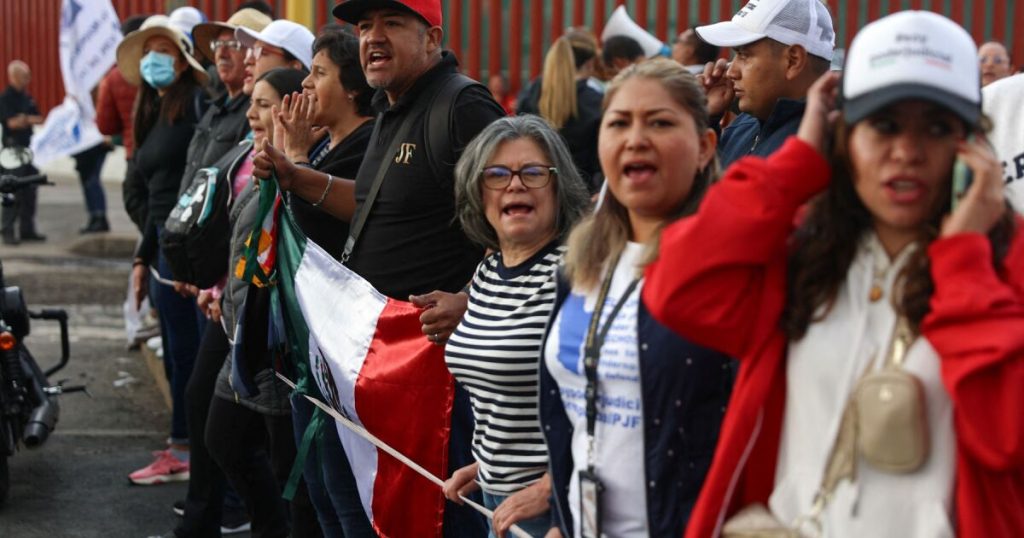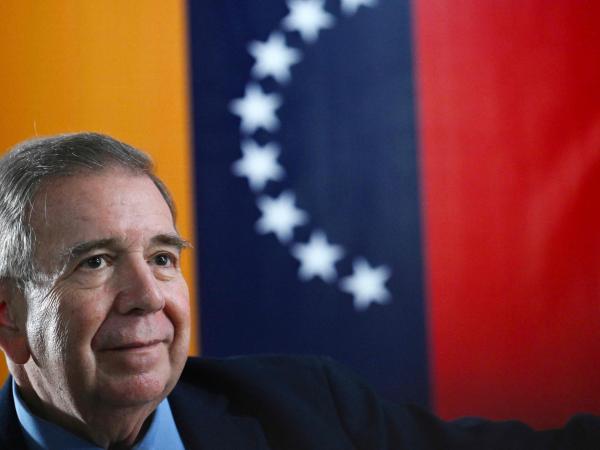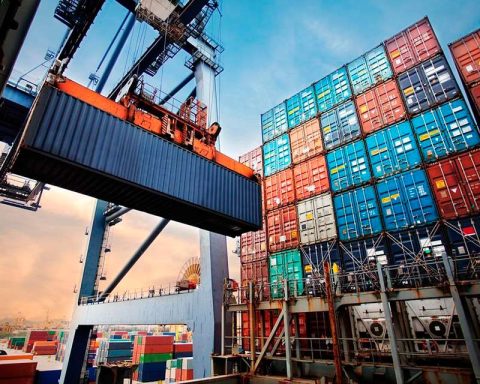AREQUIPA, Peru – The Chavista regime of Nicolás Maduro has described as “piracy” the confiscation of the Venezuelan dictator’s plane in the Dominican Republic, an action carried out by U.S. authorities in the Caribbean country and supported by Washington’s sanctions against Venezuela.
“Venezuela denounces before the international community that, once again, the authorities of the United States of America, in a repeated criminal practice that cannot be described as anything other than piracy, have illegally confiscated an aircraft that has been used by the President of the Republic,” said a statement from the Venezuelan Ministry of Foreign Affairs.
The Chavistas also stated that they will reserve the right to take legal action to “repair” the damage caused by the confiscation of the official plane.
Venezuela “reserves the right to take any legal action to repair this damage to the nation, as well as all other damages caused by the criminal policy” of the United States, the official text states.
A Exclusive report of CNN It cites two U.S. officials who said the aircraft’s acquisition violated sanctions, among other criminal matters, and so it was sent to the state of Florida.
“Seizing the aircraft of a foreign head of state is unprecedented in criminal matters. We are sending a clear message here that no one is above the law, no one is above the reach of US sanctions,” one of the officials told CNN.
In the opinion of the Chavista regime, the US seizure reveals that no State is safe from “illegal actions” that “ignore” international law.
“The United States has already demonstrated that it uses its economic and military power to intimidate and pressure states like the Dominican Republic to become accomplices in its criminal acts,” adds the Chavista statement, which also assures that the confiscation “is not an isolated action.”
After the electoral elections of July 28, when the National Electoral Council (CNE) controlled by Chavismo, credited the victory to Maduro, Washington has maintained a critical stance against the dictator.
The seized plane, estimated to cost around $13 million, had been in the Dominican Republic in recent months and has been described as the Venezuelan equivalent of Air Force One.
U.S. officials did not elaborate on why the aircraft was seized at this specific time, but did refer to it as “an opportunity.”
Several people were involved in the confiscation. federal agencies such as the Department of Homeland Security, the Department of Commerce, the Bureau of Industry and Security, and the Department of Justice.
In April, the US partially reversed sanctions relief against the Venezuelan regime, accusing Maduro of failing to meet his electoral commitments by disqualifying opposition candidate María Corina Machado.
In that regard, State Department spokesman Matthew Miller said last week that the CNE’s refusal to uphold international and Venezuelan transparency standards is an “unacceptable violation” of the country’s laws.
Meanwhile, the post-election crisis in Venezuela has left more than twenty dead. The organization Criminal Forum has registered and verified up to August 26 some 1,780 political prisoners attributed to the Chavista repression, among them 114 minors.
In that regard, State Department spokesman Matthew Miller said last week that the CNE’s refusal to uphold international and Venezuelan transparency standards is an “unacceptable violation” of the country’s laws.
